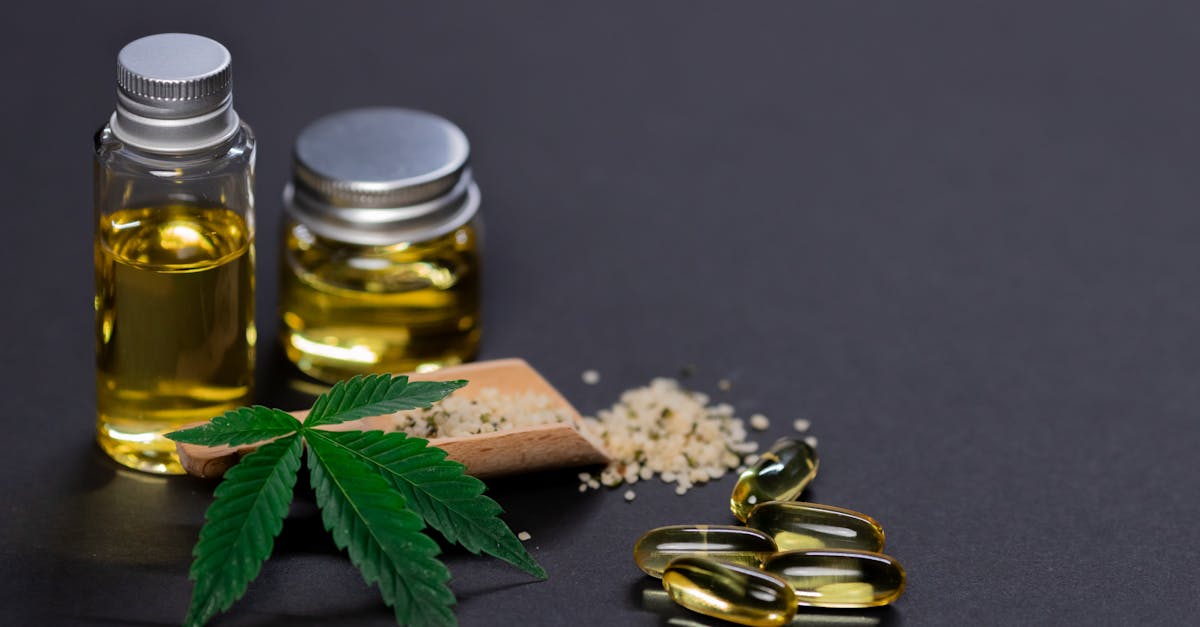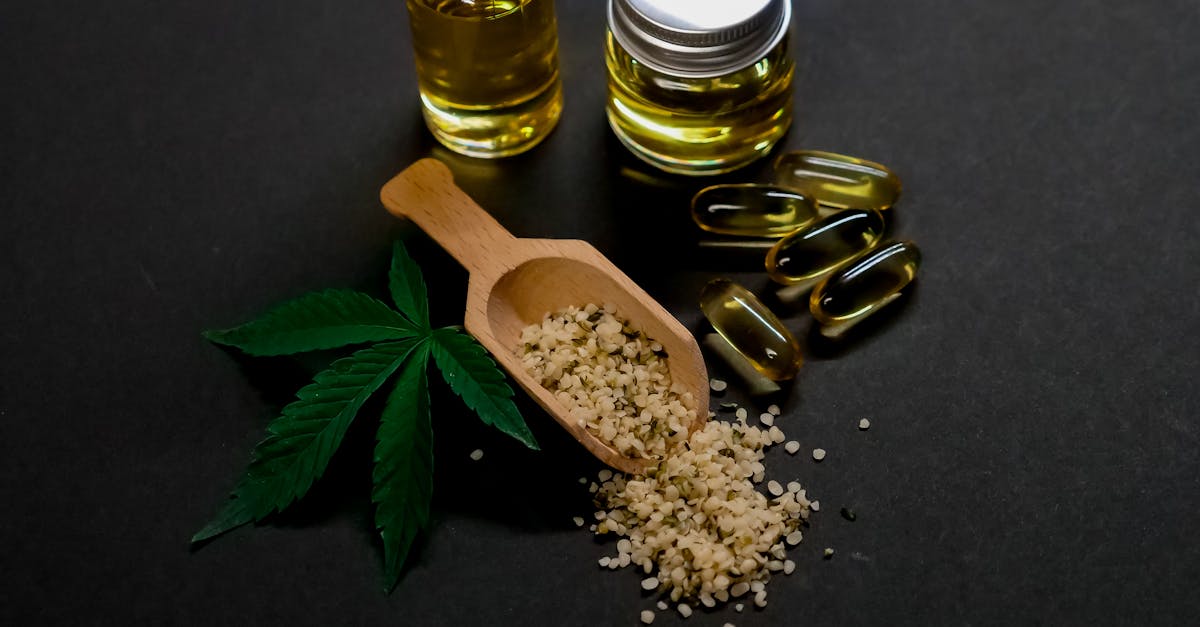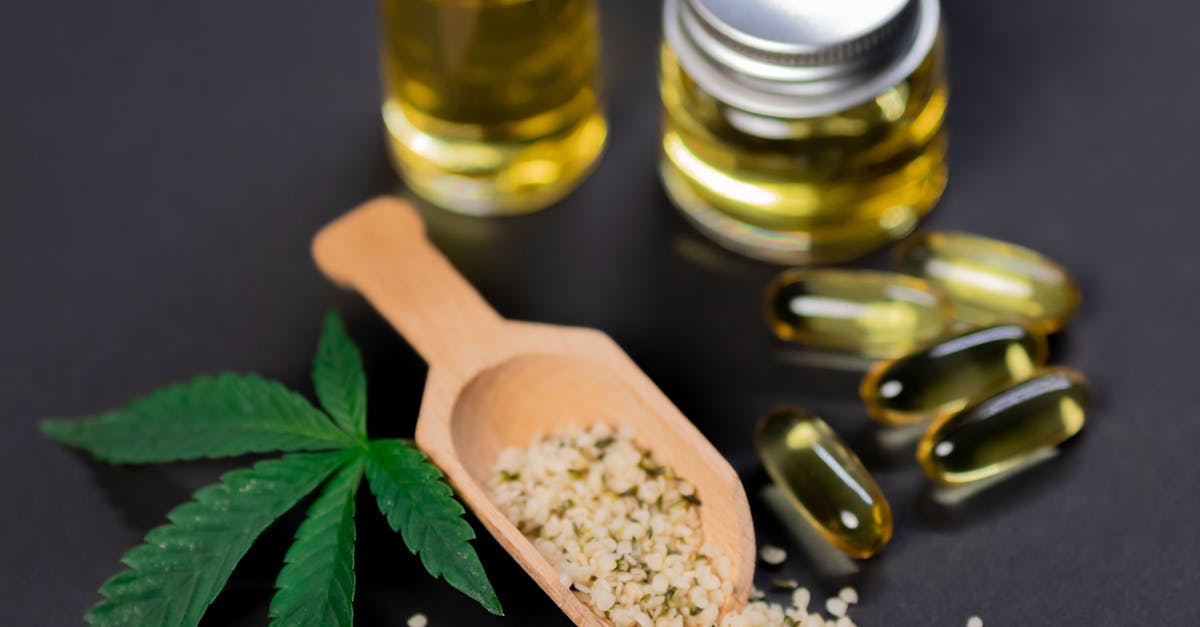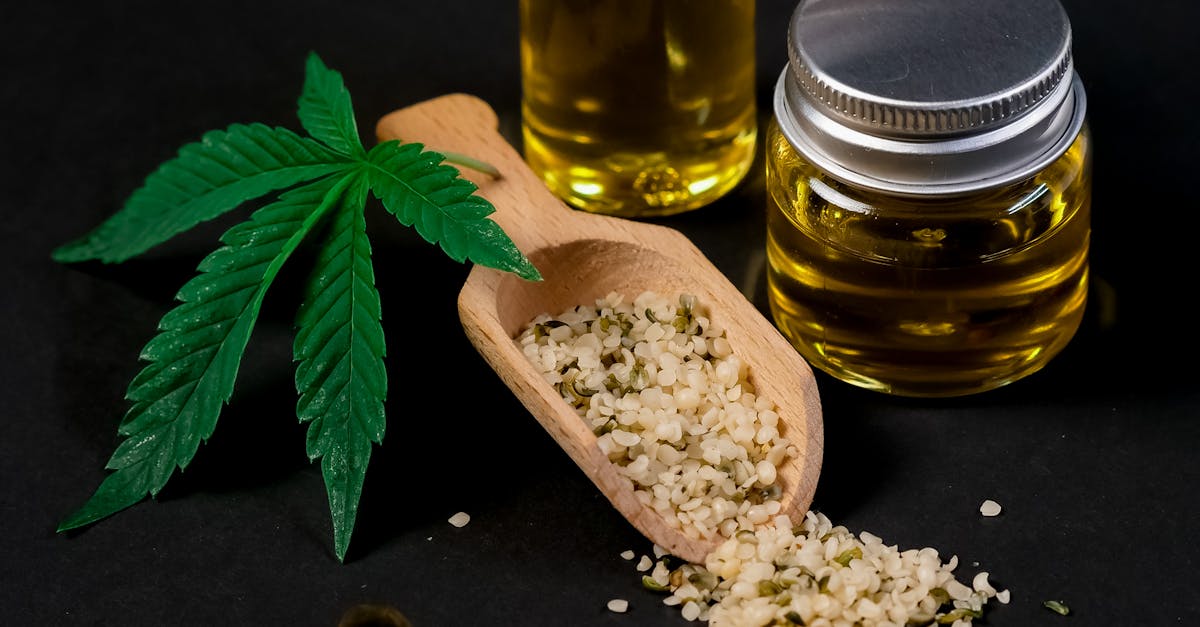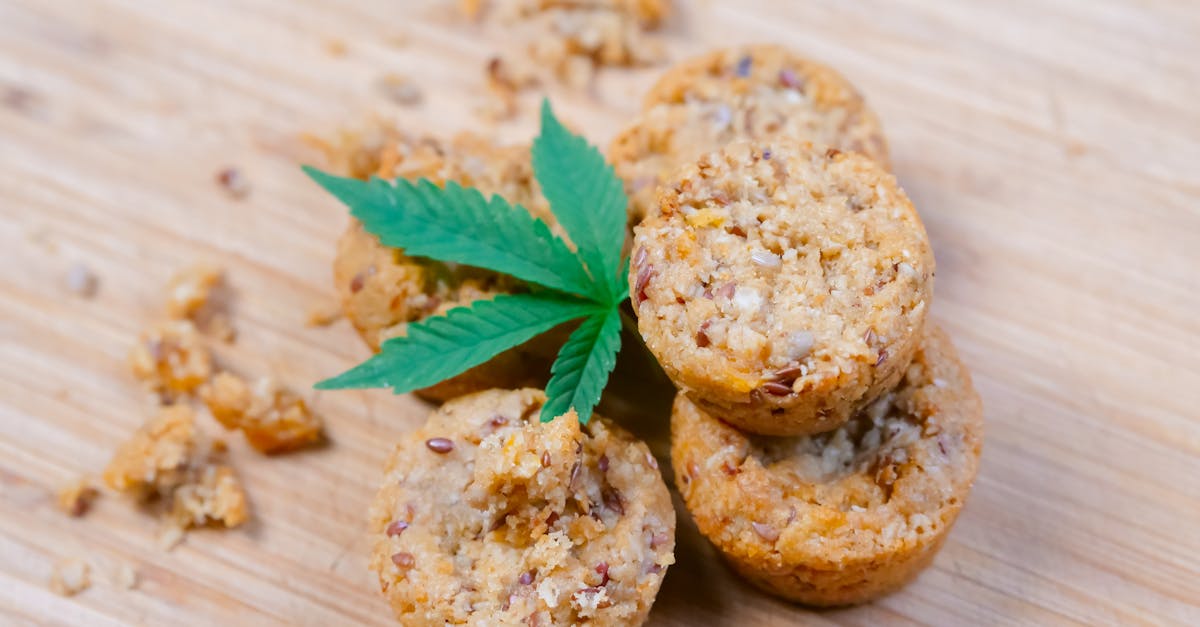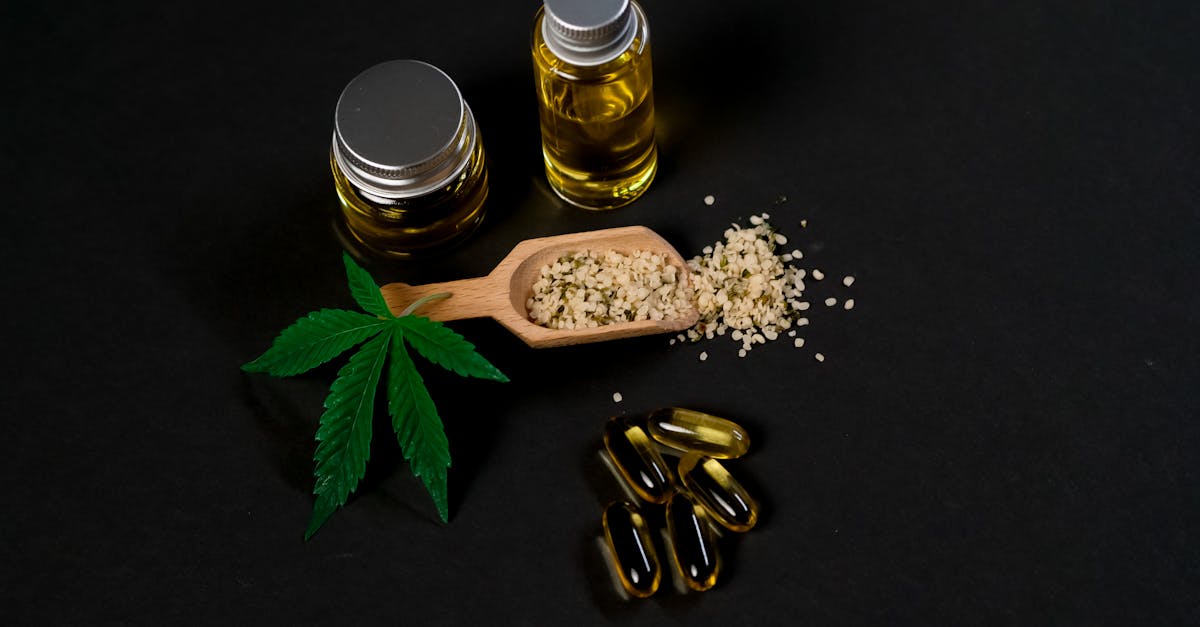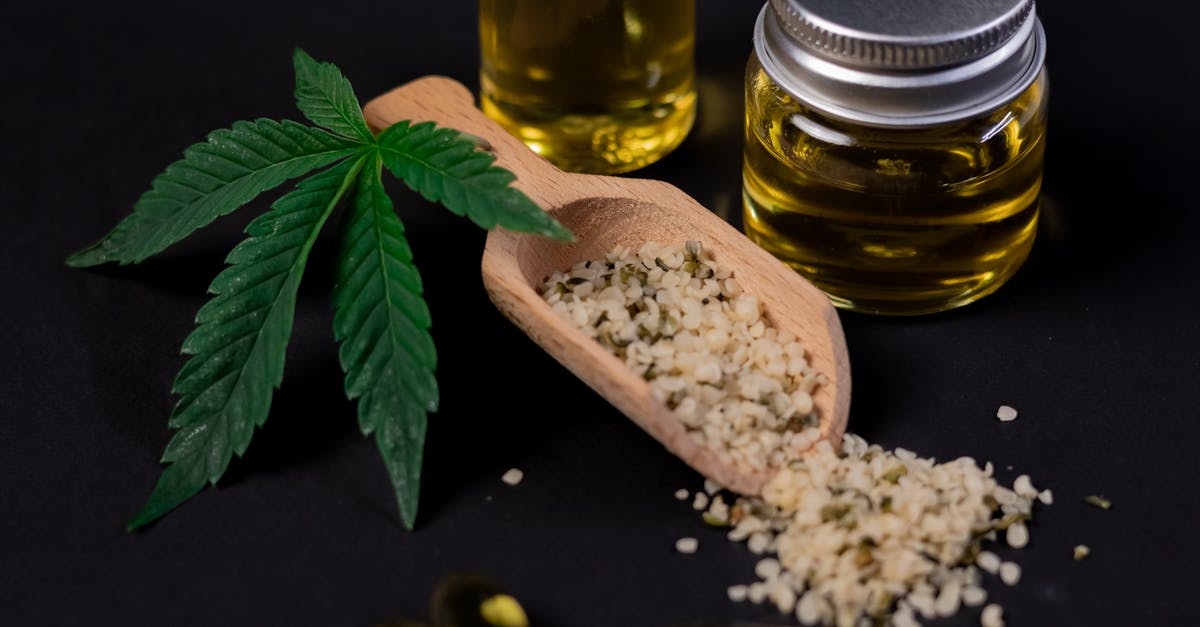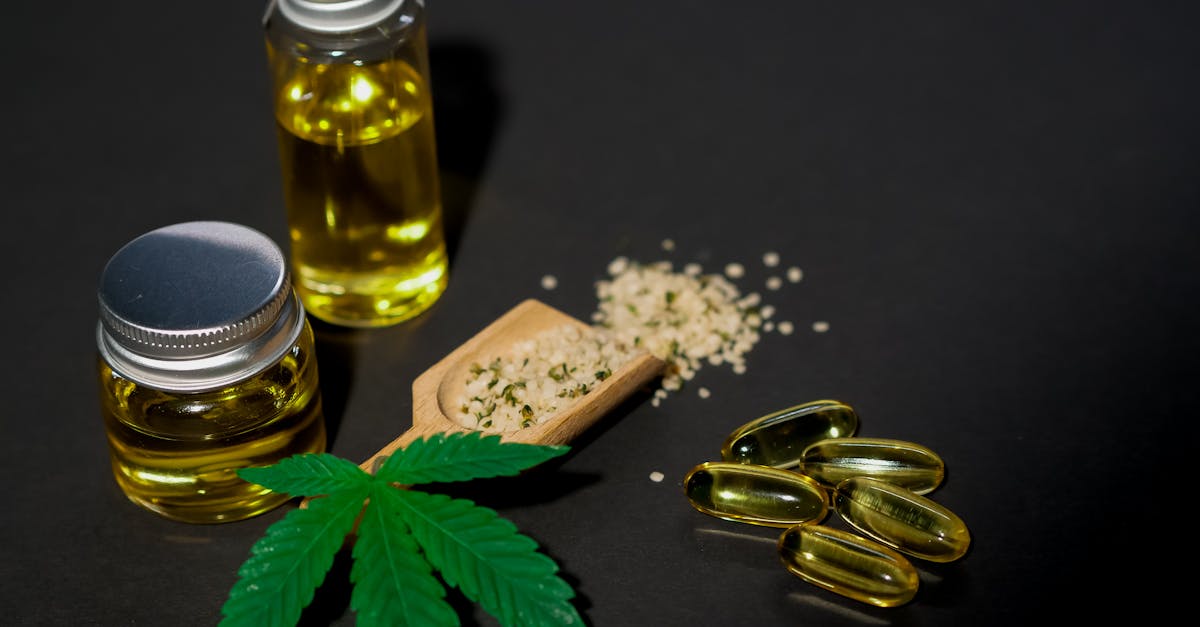
Cannabis Edibles
Table Of Contents
At Kanehbosm CBD, we offer a wide selection of high-quality cannabis edibles for our customers to enjoy. Our range of edibles includes delicious treats such as gummies, chocolates, and baked goods, all infused with premium CBD. With our products, customers can experience the benefits of cannabis in a convenient and tasty way. We prioritize quality and consistency in all our edibles, ensuring a safe and enjoyable experience for our customers. Visit Kanehbosm CBD today for a delectable selection of cannabis edibles that are sure to satisfy your cravings.
Factors Influencing Potency and Dosage
Factors influencing the potency and dosage of cannabis edibles can vary widely, impacting consumers in unique ways. The type of cannabis strain used, whether it's indica or sativa, can affect the overall potency of the edibles. Indica strains are known for their relaxing and sedative effects, while sativa strains are believed to provide more energizing and uplifting effects. Understanding the differences between these strains can help consumers choose edibles that align with their desired experience.
Moreover, the method of extraction used to create cannabis-infused ingredients also plays a significant role in determining potency. Different extraction methods, such as using flower, oils, or tinctures, can result in varying levels of cannabinoids present in the final product. Consumers should be aware of the extraction process employed by manufacturers to gauge the strength of the edibles they are consuming. Additionally, the concentration of THC, CBD, and other cannabinoids in the edibles, measured in milligrams, directly impacts the overall potency and dosage of the product. It is crucial for consumers to carefully monitor and control their intake to avoid unwanted effects or discomfort.
Quality Control and THC Content
Quality control is a critical aspect of ensuring the safety and consistency of cannabis edibles. Manufacturers must carefully monitor the THC content in their products to provide consumers with accurate dosages. In Canada, there are strict regulations in place to govern the production and sale of edibles, including guidelines on THC concentration per package. This helps consumers make informed choices and avoid unintentionally consuming excessively potent products.
Consumers should also be mindful of the importance of understanding THC percentages in edibles to avoid potential overconsumption. It is crucial to start with a low dosage and wait for the effects to kick in before considering consuming more. Additionally, ensuring that reputable brands with sound quality control measures are chosen can help mitigate the risks associated with inconsistent THC content. As the market for cannabis edibles continues to evolve, maintaining high standards in quality control and THC content remains paramount to the safety and satisfaction of consumers.
Market Trends and Consumer Preferences
As the cannabis edibles market continues to evolve, consumer preferences have been shifting towards a wider variety of options beyond the traditional gummy candies and baked goods. The demand for innovative cannabis-infused beverages like cannabis-infused coffees, root beers, and juices has been steadily increasing among recreational users seeking a unique and convenient consumption experience. Furthermore, the popularity of cannabis-infused foods has extended to more sophisticated options such as granola bars, popcorn, and cakes, reflecting a growing trend towards incorporating cannabis into everyday meals for both recreational and medicinal purposes.
In response to the increasing demand for cannabis edibles, many dispensaries and online retailers in Canada are offering a diverse range of products to meet the evolving preferences of consumers. Companies are focusing on ensuring consistency in potency, dosage, and quality control to provide customers with a reliable and enjoyable experience when consuming cannabis-infused products. Additionally, with the legalization of edibles in Canada, there has been a surge in the availability of cookbooks, guides, and educational resources aimed at helping consumers navigate the world of cannabis-infused foods and beverages, contributing to a more informed and empowered consumer base.
Popular CannabisInfused Food Choices
When it comes to popular cannabis-infused food choices, cannabis cookies top the list for many consumers. These sweet treats offer a convenient and discreet way to consume cannabis, making them a favourite for those looking to enjoy the effects of marijuana in a tasty form. Another popular option is the classic pot brownie, which has been a staple in cannabis culture for decades. These rich and decadent brownies offer a potent way to experience the effects of THC while satisfying a sweet tooth.
In addition to baked goods, cannabis-infused beverages have also gained popularity among consumers. From cannabis-infused teas to sodas and juices, these beverages provide a refreshing way to consume marijuana. They offer a convenient and enjoyable alternative to smoking or vaping cannabis, appealing to those who prefer to drink their cannabis rather than eat it. Additionally, cannabis-infused beverages come in a variety of flavours and strengths, allowing consumers to choose an option that suits their taste preferences and desired potency level.
Research and Studies on Edible Cannabis
Research and studies on edible cannabis have gained significant attention in recent years due to the growing popularity of cannabis edibles in the market. With the legalization of cannabis for both medical and recreational use in various jurisdictions, researchers are delving into understanding the impact of cannabis-infused food products on consumers. Studies have explored the bioavailability and absorption rates of cannabinoids in edibles, shedding light on how they interact with the human body when consumed through ingestion.
Furthermore, research has also focused on the therapeutic potential of edible cannabis in managing various medical conditions. Several studies have examined the efficacy of cannabis edibles in alleviating symptoms associated with chronic pain, epilepsy, multiple sclerosis, and post-traumatic stress disorder (PTSD). This line of research aims to determine the optimal dosage and formulation of edibles to maximize their medical benefits while minimizing potential adverse effects. By examining the pharmacokinetics and pharmacodynamics of edible cannabis, researchers strive to offer evidence-based insights for healthcare professionals and consumers alike.
Scientific Findings on Edibles and Health
Scientific studies have delved into the effects of edible cannabis on health, shedding light on its potential benefits and risks. One key finding is that cannabis edibles can have a delayed onset of action compared to smoking or vaping, which can sometimes lead individuals to consume more than intended due to impatience for the effects to kick in. This can increase the risk of adverse reactions and overconsumption, particularly for novice users who may not be accustomed to the potency of edibles.
Moreover, research has shown that consuming edibles high in THC can increase the likelihood of experiencing adverse effects such as anxiety, paranoia, and even hallucinations in some individuals. While CBD-rich edibles have gained attention for their potential therapeutic effects like pain relief and anti-seizure properties, it is crucial for consumers to be mindful of the THC content in products to mitigate the risk of adverse reactions. Understanding the potency of edibles and their potential impact on health is essential for promoting safe consumption practices and maximizing the benefits of cannabis-infused products.
FAQS
Are cannabis edibles legal in Canada?
Yes, cannabis edibles became legal for sale in Canada in October 2019.
What factors influence the potency and dosage of cannabis edibles?
Factors such as the type of cannabis strain used, cooking method, and portion size can all influence the potency and dosage of cannabis edibles.
How can consumers ensure quality control and THC content in cannabis edibles?
Consumers can look for products that have been lab-tested for accurate THC content and purchase from reputable retailers to ensure quality control.
What are some popular cannabis-infused food choices in the market?
Popular cannabis-infused food choices include gummies, chocolates, beverages, baked goods, and savory snacks like chips or popcorn.
Are there any scientific studies on the effects of edible cannabis?
Yes, there have been several research studies conducted on the effects of edible cannabis, exploring areas such as dosing, absorption rates, and potential health benefits and risks.
